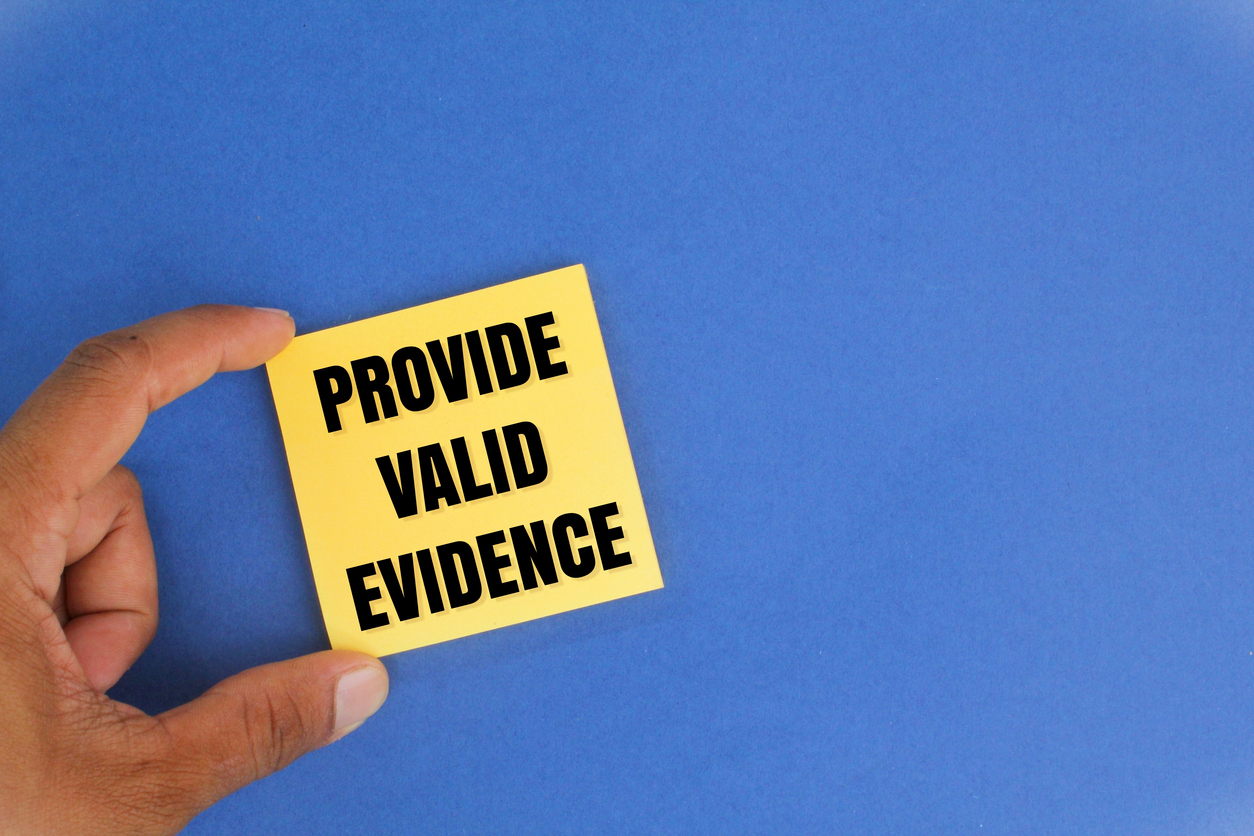The 10th Circuit Court of Appeals issued an excellent decision last week regarding an insurer’s lowball offer of coverage to a policyholder. “Lowballing” is the practice of offering insurance policy benefits payments to the insurer which are substantially lower than what is actually owed. Lowballing is intended to wear down the insured, through extensive negotiations over many months or years. Lowballing occurs when the insurer’s damage repair estimates have no basis in reality, and are actually fictional numbers—used only for unfair negotiation against the policyholder.
In Blakely v. USAA Casualty Insurance Company,1 the policyholders, after surviving a fire in their home, were denied the full amount of benefits owed under their homeowners policy for ten years. USAA initially made a lowball offer of $93,332.20. After appraisal, an umpire determined the policyholders were entitled to $291,356.52 under the policy.
A lower court dismissed the policyholder’s claims for bad faith, deciding on summary judgment that the denial was fairly debatable. But last week, the 10th Circuit disagreed. Specifically, the 10th Circuit, quoting the Utah Supreme Court in Jones v. Farmers Insurance Exchange,2 noted,
[A]lthough the ‘fairly debatable’ defense is a matter of law, it is not always appropriately decided on summary judgment . . . “if reasonable minds could differ as to whether the defendant’s conduct measures up to the standard required for insurance claim investigations.” In such a case, the question of good faith should be presented to the jury.
The standard for claim investigations was set out by the Utah Supreme Court in a 1985 opinion that the duty of good faith requires “at the very least, that the insurer will diligently investigate the facts to enable it to determine whether a claim is valid, will fairly evaluate the claim, and will thereafter act promptly and reasonably in rejecting or settling the claim.”3
The district court applied the “fairly debatable” analysis only on USAA’s denial of the Blakelys’ $ 468,576 demand. The Circuit Court noted the bad faith claim was also based on USAA’s failure to act in good faith prior to the demand, and held the trial court should have looked at USAA’s conduct from when the claim was first filed.
Perhaps most importantly, the 10th Circuit noted,
[T]he Blakelys alleged and put forth the following evidence suggesting that USAA acted unreasonably in taking its initial position regarding the loss amount: the appraisal award was nearly three times, or $200,000 more, than USAA’s initial payout of $93,322.20; USAA’s adjuster refused to communicate with the Blakelys; USAA’s adjuster claimed that he could not smell smoke when the smell proved noticeable in the house three years later; USAA delegated adjustment of the contents claim to a non-adjuster; and USAA refused to pay for any repairs other than structural ones.
…
Defendant initially underpaid Plaintiffs by almost $200,000. This at least raises an inference Defendant was less than diligent in investigating Plaintiffs’ damages and did not “fairly evaluate the claim.” [emphasis added]
This decision is very important for policyholders because it establishes that lowballing is not only improper, it also raises an inference that the insurer failed to diligently investigate the claim, and did not fairly evaluate the claim.
1 Blakely v. USAA Cas. Ins. Co., No. 11-4218, D.C. No. 2:06-CV-00506-BSJ, (10th Cir., D. Utah, Oct. 22, 2012).
2 Jones v. Farmers Ins. Exchange, 2012 UT 52 (Utah 2012).
3 Beck v. Farmers Ins. Exchange, 701 P.2d 795 (Utah 1985).




